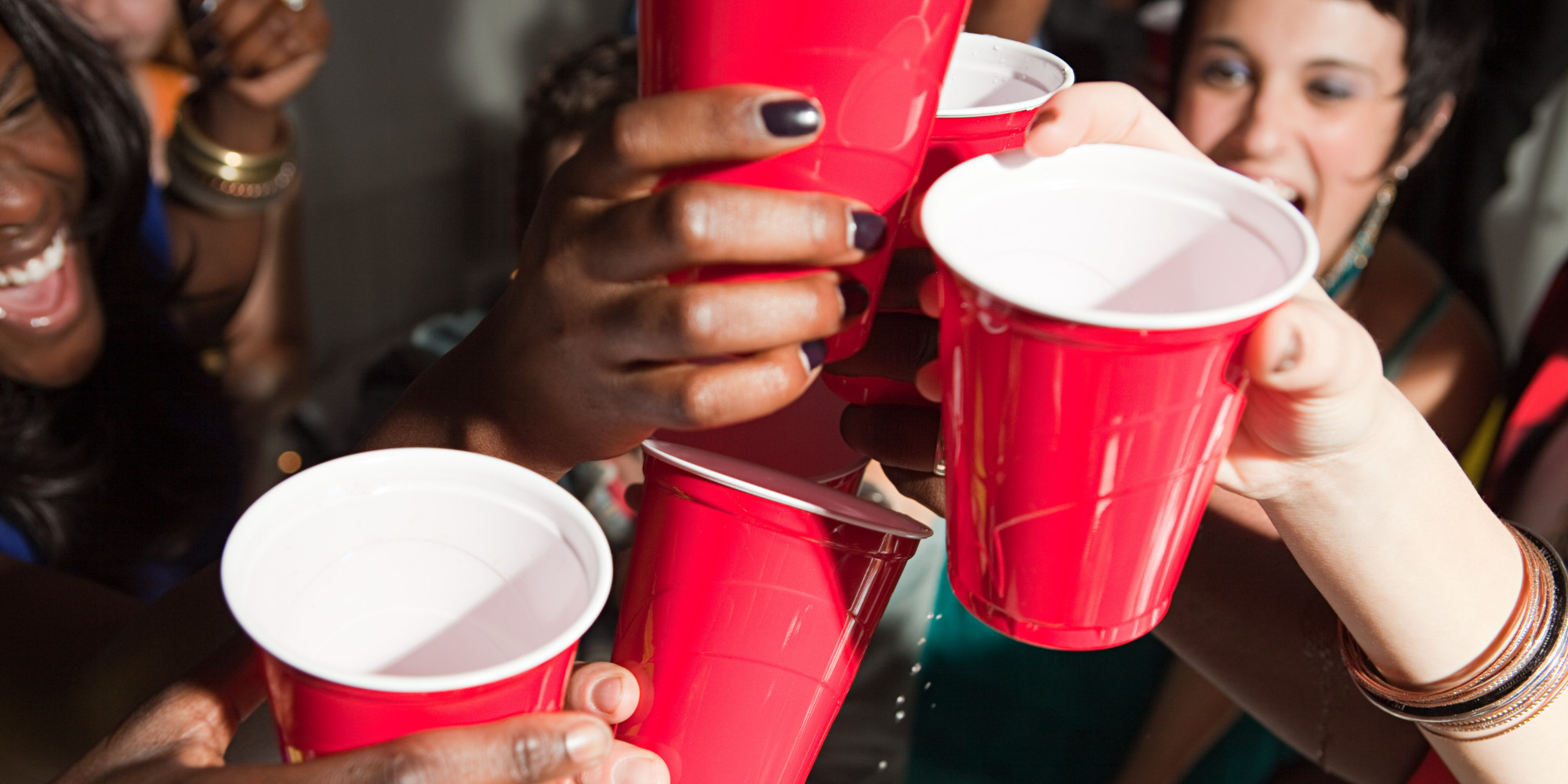Most of us know someone who’s a victim of alcohol intolerance, or if not, we’ve probably at least seen someone suffering from its symptoms. Flushing of the face, or what is known as “Asian glow,” is common. In the college environment where drinking dominates fraternities over the weekends, it is very important for students to be aware of the dangers of consuming alcohol when your body just wants to say no to it.
Alcohol intolerance is often incorrectly called an allergy, but it’s really caused by a genetic condition in which the body fails to break down alcohol. In some cases, reactions can be triggered by allergies to grains such as corn, wheat, or rye or to other substances found in alcoholic beverages. These, however, are not true intolerance. The most common symptoms caused by intolerance include nasal congestion and flushed skin, but you may also experience red and itchy skin, rapid heartbeat, headache, or nausea. You may also encounter migraines, and some studies suggest that histamines, found in certain alcoholic beverages and naturally responsible for inflammation in the body, may be to blame, though in very rare cases, severe pain after consuming alcohol may be a sign of more serious underlying conditions such as Hodgkin’s lymphoma.
An estimated one out of three people from East Asian countries suffers from “Asian glow,” caused by a lack of enzyme alcohol dehydrogenase. This deficiency prevents the complete breakdown of alcohol. Still, many students ignore their bodies’ reaction to alcohol and just focus on having fun. (I know it well, since I’m sometimes guilty as well.) They get flushed, hot, and uncomfortable for a bit, but then the discomfort seems to go away. However, as harmless as it seems, ignoring alcohol intolerance may lead to illnesses. There have been recent findings suggesting that acetaldehyde buildup from alcohol metabolism may increase the risk of esophageal cancer by ten times for individuals who lack the enzyme compared to those who have it.
So the question is: how do we prevent this embarrassing redness we’re blessed with every time we drink? Well, the only way to avoid the symptoms of alcohol intolerance or alcohol allergy is to avoid alcohol or other substances that are causing the problem. For a minor reaction, over-the-counter or prescribed antihistamines may reduce symptoms, but they’re only really masking them. Some believe that they should drink more to establish a higher tolerance to alcohol, but there’s an important physiological side to consider: the liver can be irreversibly damaged by chronic alcohol use, leading to buildup of fat and scar tissue. So, the best advice I can give you is that you should drink responsibly and drink only what your body can tolerate. After all, you really don’t want to stay up late throwing up that night’s dinner, do you?
Article by Elle Leung
Feature Image Source: Healthline
























